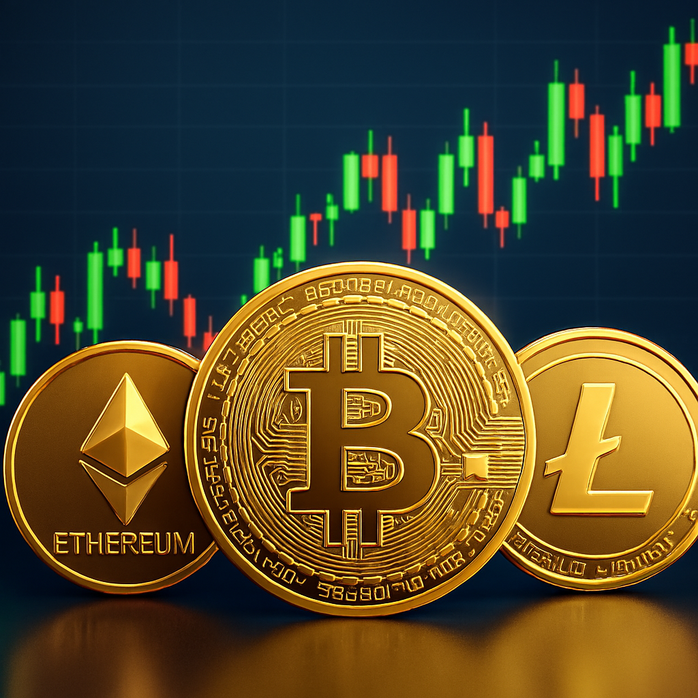Vietnam's bold bid to dominate Southeast Asia's $100B crypto market
(NLĐO) - A clear regulatory framework is expected to attract both existing crypto holders and hesitant new investors.
Vietnam currently ranks fifth in the world in terms of cryptocurrency adoption, with an estimated holding value of around USD 100 billion.
According to investment fund Dragon Capital, this figure underscores that Resolution 05/2025/NQ-CP on piloting the digital asset (cryptocurrency) market, recently issued by the Government, marks an important step toward fostering the rapid and well-regulated development of the digital asset market.
This resolution also marks the establishment of the first legal framework for the crypto asset market in Vietnam.
Which model for a crypto asset exchange?
Experts from Dragon Capital said the new regulatory framework will help mitigate speculative risks by restricting unregulated platforms, while also aligning with the broader goal of deepening the domestic capital market. It positions Vietnam to become one of Asia's regulated cryptocurrency hubs in the near future.

The 2025 Chainalysis report indicates that Vietnam is among the global leaders in the cryptocurrency adoption index, with adoption rates three to four times higher than the global average. Illustration: AI
Resolution 05 allows for a five-year pilot of the digital asset market. This marks a significant step toward bringing digital asset trading in Vietnam under a legal framework, ensuring safety, transparency, and alignment with international practices.
Financial expert Phan Dung Khanh, citing Chainalysis's 2025 report, noted that Vietnam ranks among the world's leaders in the cryptocurrency (digital asset) adoption index, with a penetration rate three to four times higher than the global average.
According to Triple-A, by 2024 more than 20% of Vietnam's population already owned such assets. Many investors are willing to pay taxes and trade on official platforms if they are legally protected.
Establishing a regulatory framework is expected to attract not only existing digital asset holders but also new investors who were previously hesitant.
However, selecting an appropriate model for a cryptocurrency exchanges remains a key concern.
According to Associate Professor Dr. Tran Hung Son, Director of the Institute for Banking Technology Development Research at Vietnam National University – Ho Chi Minh City, there is no single perfect model, and Vietnam should adopt a hybrid approach, learning from various countries and tailoring it to the local context.
For instance, the controlled experimental mechanism — or sandbox — as implemented in Singapore and the UK is the most suitable for the initial stage. This model allows regulators to observe and collect real-world data while gradually building a comprehensive legal framework without stifling financial innovation.
Japan and South Korea provide lessons in consumer protection: both countries are highly stringent in licensing exchanges, with strict requirements on capital, security, and segregation of customer assets.
Switzerland and Singapore offer valuable reference points for fundraising regulations: they have excelled in classifying digital assets and establishing clear legal provisions that enable innovative businesses to raise capital.
“Toward a comprehensive model like the EU’s MiCA framework: In the long run, Vietnam needs a unified and comprehensive law to govern the entire cryptocurrency market, and MiCA is a model worth considering,” Dr. Son said.
